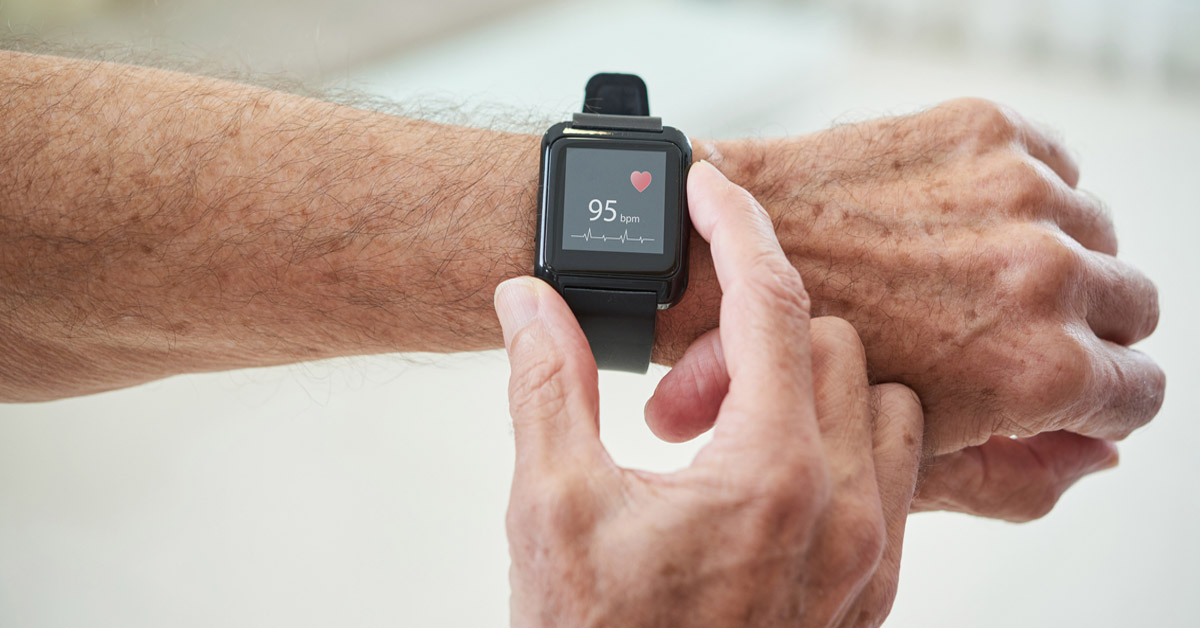For years, many people assumed only older men developed heart disease. That’s definitely a myth.
Up to 10% of heart attacks occur in people under the age of 45. Because many people live unhealthy lifestyles, the number of younger people with heart disease is on the rise.
Heart problems are also becoming more common in women. As a matter of fact, one in five women dies from heart disease, making it the leading cause of death of women in the United States. Also, women with diabetes are at a greater risk for heart disease than men.
This means that the earlier you work to prevent heart disease, the better off you’ll be.
While not all heart disease is preventable — some is hereditary, and some occurs because of other illnesses — what you do to prevent it can benefit you as you get older.
What can children and teens do to prevent heart disease?
If you’re the parent of a child or teen, there are many things you can do to encourage a healthy lifestyle and prevent heart disease.
The first? Discourage smoking from a young age. Smoking can increase the risk of heart disease. Among people who die from cardiovascular disease, one in four is either a smoker or is often exposed to secondhand smoke. This means if you are a smoker and stop, your children won’t be exposed to secondhand smoke, and their risk of heart disease will be lower.
Next, prevent childhood obesity by raising a kid who is active and eats a healthy diet. Your child’s provider can help you monitor your child’s body mass index (BMI) to determine if they are obese.
It’s also important to monitor your child’s cholesterol and blood pressure levels. While it’s not extremely common for a child to have high blood pressure or high cholesterol, it’s possible. And if it’s not treated, it could lead to big trouble for your child as they age.
Can you get heart disease in your 20s?
Developing heart disease in your 20s is rare but possible. And just like in your childhood, what you do during these years can play a role in what happens when you’re older.
You can help prevent heart disease when you’re in your 20s and beyond by:
- Eating a healthy diet
- Getting enough sleep
- Knowing your family history
- Learning how to manage your stress
- Maintaining a healthy weight
- Not smoking or quitting smoking ASAP
- Seeing your doctor for regular checkups and screenings
- Staying active and avoiding a sedentary lifestyle
- Taking control of other conditions, like diabetes or high blood pressure
What are the signs of an unhealthy heart?
No matter your age, it’s important to understand what an unhealthy heart feels like. Warning signs of heart disease in young people include:
- Chest pain
- Fatigue
- Pain in the neck, left arm, shoulder, back or upper stomach
- Swelling, particularly in the legs
- Trouble catching your breath
- Weakness
But, unfortunately, you can have heart disease without any symptoms, especially children and young adults. See a doctor if your child:
- Experiences blue gums or a blue tongue
- Experiences dizziness or heart palpitations when active
- Faints when active
- Gets out of breath easily compared to their friends
- Has trouble keeping up with their peers physically
No matter your age, it’s never too early to start focusing on heart health.
Learn more about your current heart health by taking our free, online heart risk assessment today.




